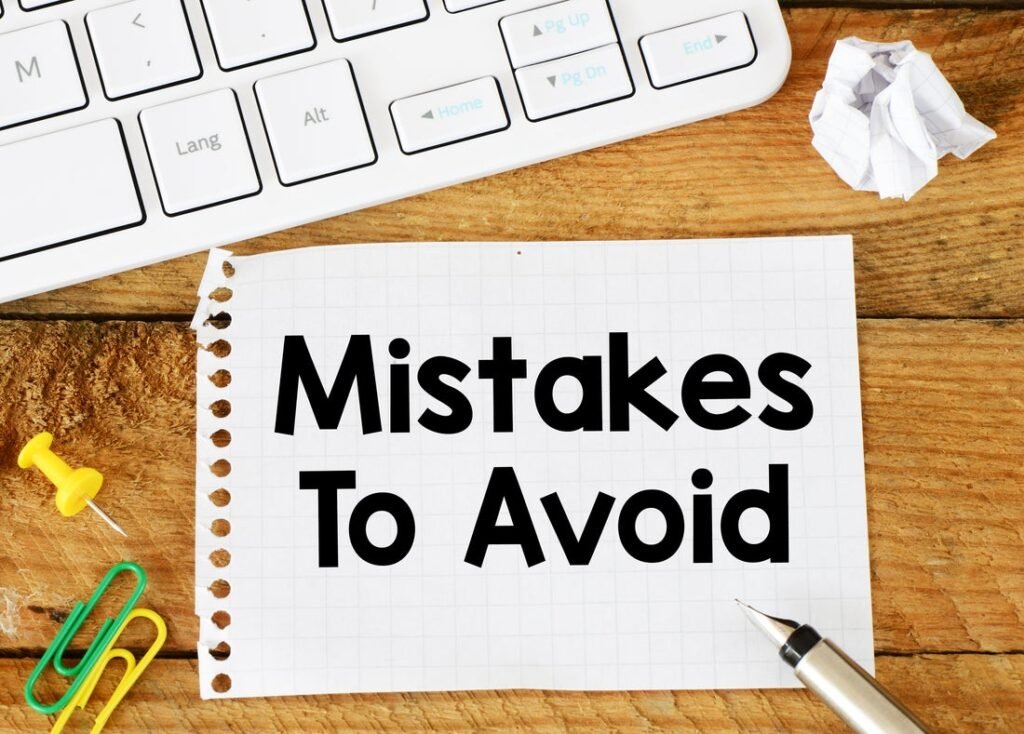If you’re investing for retirement, you’re on the right path. To make the most of your efforts, here are four mistakes you’ll want to steer clear of as you go along.
As you invest for retirement, you’re probably aware of errors like waiting too long to invest, cashing out your investment accounts before retirement, and paying high investment fees. They’re all rookie mistakes, and anyone can make them. This article covers less obvious mistakes and decisions that could cut into your efforts.

Image source: Getty Images.
1. Failing to capitalize on health savings accounts
If you’re insured by a high-deductible health plan, you may have access to a health savings account (HSA). HSAs are helpful when you have a co-pay or other medical expense to cover, but they’re also an excellent, underutilized means of saving for retirement. Here’s why:
- Contributions to HSAs are tax-deductible, reducing your total taxable income.
- Withdrawals for qualified medical expenses are tax-free.
- Investment gains grow tax-deferred.
- An HSA is owned by you, meaning you decide how to use it and get to keep it, even if you change jobs or retire.
- Unlike a flexible spending account (FSA), the money in your HSA rolls over yearly, allowing you to save for future medical expenses.
- Many HSAs offer investment options, allowing you to grow your savings.
- After age 65, you can use your HSA for nonmedical expenses without penalty (although you’ll still pay taxes on the funds).
By capitalizing on an HSA, you have a fund that not only helps cover medical expenses (leaving you more to invest) but can also grow over time, leaving you with more money in retirement.
2. Failing to find out how much your home is worth
Your home is one of the most significant investments you’ll make in life, and you may be counting on your property to provide you with a boost of cash when you need it in retirement. While housing prices remain hotter than ever in many parts of the country, it’s dangerous to believe you know how much your home will be worth by the time you decide to downsize or take out a reverse mortgage to pay long-term healthcare expenses.
Even though your home may be worth a lot more than it was before the pandemic, that doesn’t mean home values will never cool down or even take a dramatic dip. If you’re counting on the proceeds from your home to fund a portion of your retirement, make sure you have a clear picture of how much it’s worth. You can start by having it properly assessed by a professional home appraiser.
3. Refusing to minimize risks to your portfolio
If, like many people approaching retirement, you still feel like a 17-year-old, it can be tough to begin slowing down — in any way. And for some investors, taking on less investment risk feels a lot like slowing down. Generally, financial advisors suggest adopting a more conservative investment strategy as you near retirement. That may mean replacing some of the stocks in your portfolio with “safer” assets such as certificates of deposit (CDs) and bonds.
However, this is not a one-size-fits-all suggestion. If you’re as healthy as a horse and come from a long line of people who live well into old age, your financial or retirement advisor can help you create a balanced plan that respects your desire for risk while helping ensure your money lasts through retirement.
4. Making (totally human) knee-jerk decisions
If you’ve been investing for more than a few years, you know that bear markets are part of the economic cycle. They come and they go. However, when rumors of a bear market begin to swirl, people tend to want to protect what’s theirs. Frequently, they attempt to do that by panic-selling assets.
Feel free to rebalance your portfolio during this time, but remember: History shows that financial markets have routinely rebounded from bear markets, posting impressive long-term gains. Investors who sold out during the crisis missed out on the rebound and the impact it could have had on their portfolios.
Financially speaking, there are few things more important than investing for retirement. The goal isn’t to be perfect. It’s to look back one day and thank yourself for making such well-considered, unemotional decisions.

